Affiliate links on Android Authority may earn us a commission. Learn more.
Why a Nokia smartphone would be a bad idea
April 12, 2016
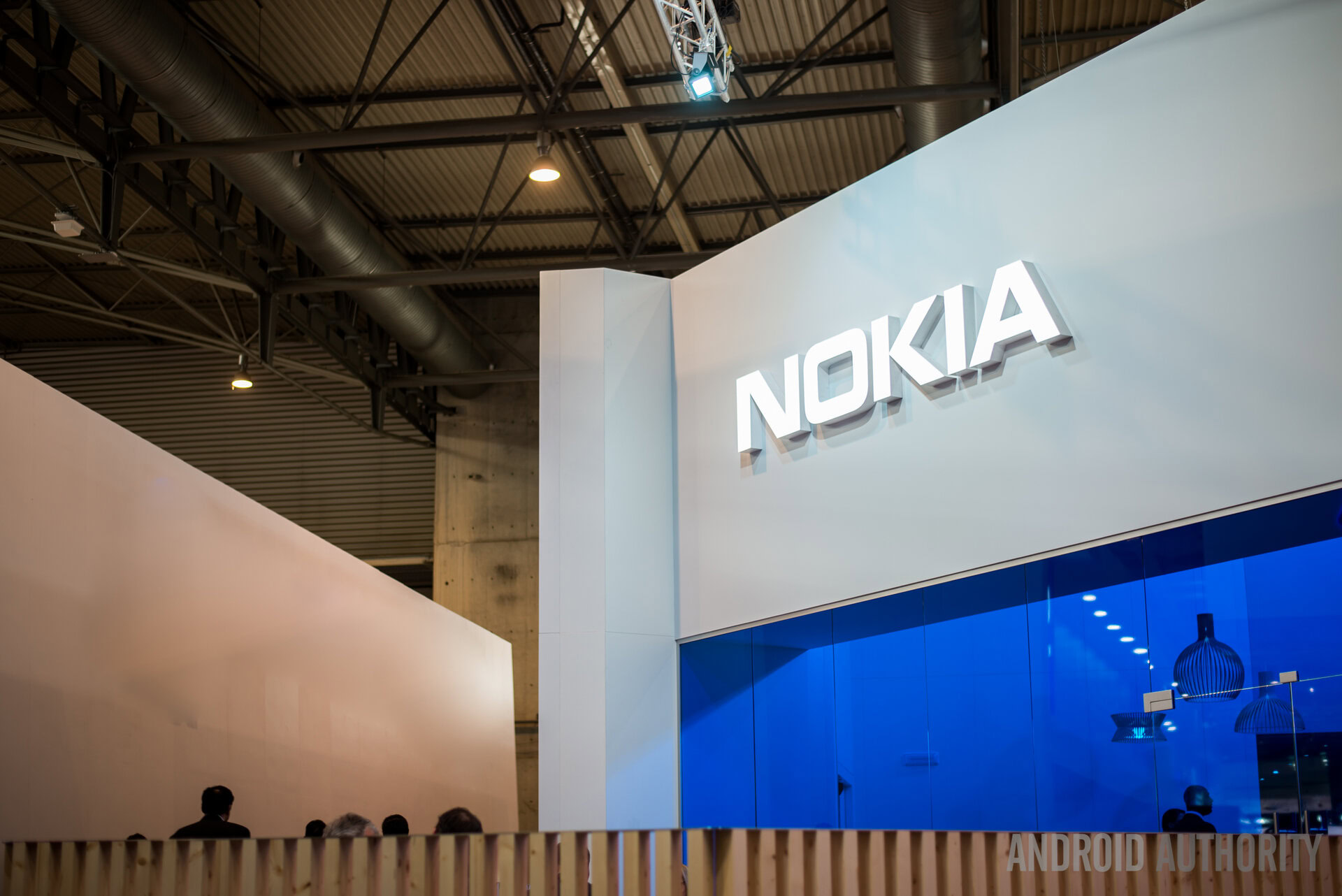
When you think of smartphones, there are a few names that come to mind as major players in the game: Apple, Samsung, Motorola, LG and HTC, just to name a few. One name that doesn’t come to mind? Nokia. Though once one of the greatest kings of mobile, Nokia silently left the industry it once helped champion after selling its smartphone business to Microsoft. For those that are hoping to see Nokia make a return to the mobile game, however, there’s a small ray of hope in the distance: its sale terms to Microsoft only prohibited Nokia from making new phones for a limited time, and the agreement is set to expire in Q4 2016. This will allow Nokia the opportunity to re-enter the smartphone arena, but is that really a good move for Nokia?
The hardware choices, paired with arguably lackluster software in Windows Phone, really failed to grasp the smartphone share that Nokia aimed for.
Looking at Nokia’s track record over the years, the Lumia line has been all but successful for the Finland based company. The hardware choices, paired with arguably lackluster software in Windows Phone, really failed to grasp the smartphone share that Nokia aimed for. Even the standout camera on some of the higher-end Lumia devices weren’t enough for the smartphone line to gain a massive following, knocking Nokia down the ladder in the smartphone empire. While Nokia pushed Windows Phone and insisted that their devices were top of the line, powerhouses like Samsung and Apple continued to perfect their respective smartphones, capturing even more of their already very large market share.
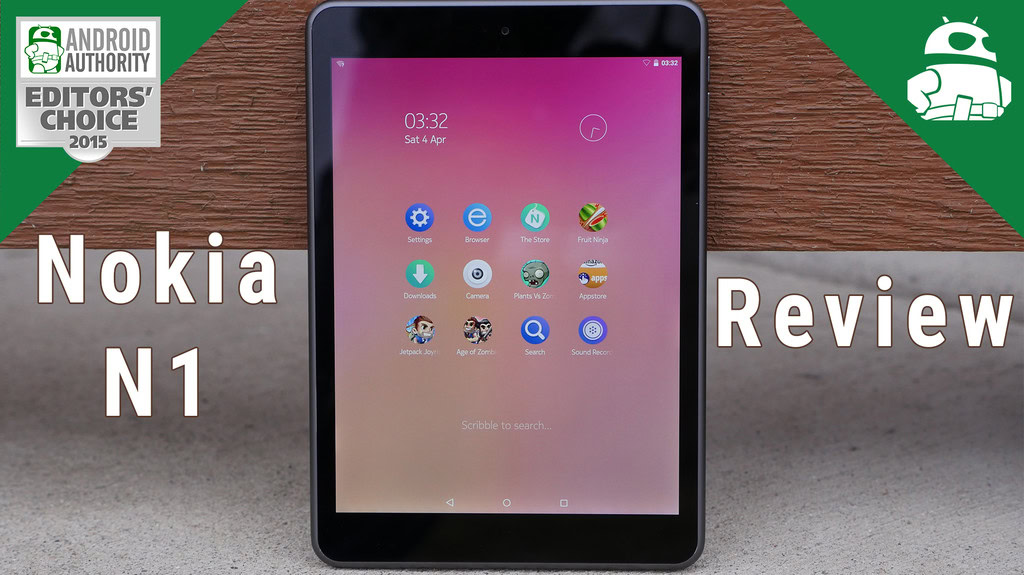
Nokia had a hard time before it sold its smartphone division and lost many of its key players. Coming in now makes for an even more difficult situation. The oversaturation of smartphones has created a plateau of sorts, with many companies reaching near-peak smartphone sales, now focusing on perfecting their product. Trying to push a new product at this stage would be a difficult task, even for powerhouse manufacturers.
A tough road ahead
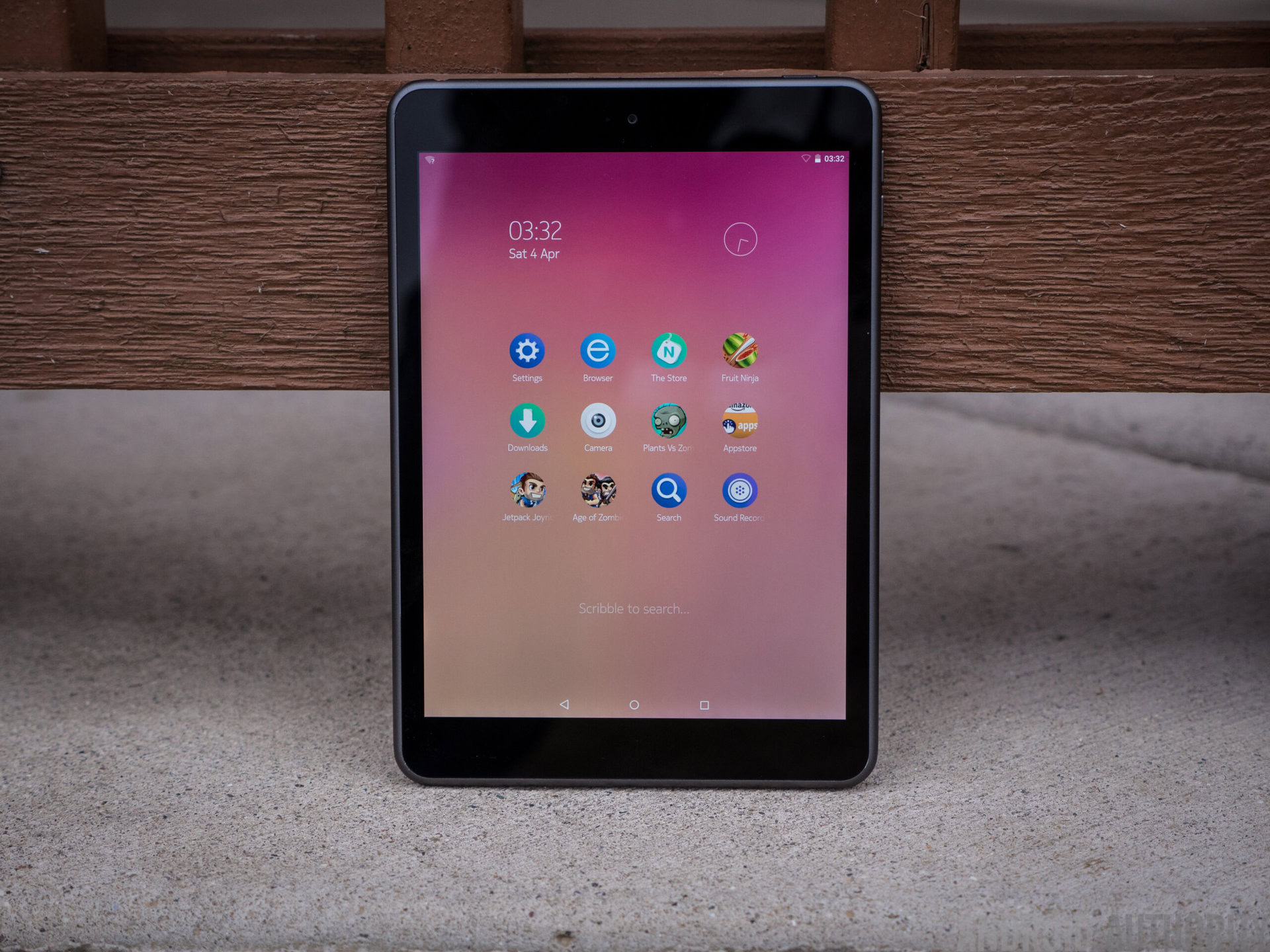
Rumors of a Nokia comeback have been fueled by ongoing conversations of a mystery device, commonly referred to as the Nokia C1. It’s unclear if these rumors are true, or just nostaligic driven wishes, but it’s hard to deny that there are many obstacles Nokia would face coming into the Android market. For starters, Android is not Windows Phone. Aside from the handful of HTCand Samsung-made Windows smartphones from a few years ago, it’s pretty clear that Nokia was the top dog in the Windows Phone space for some time. If Nokia enters the Android world they will be doing so with little experience under its belt, and they’ll be facing a whole new set of challenges in this space.
The trials and tribulations Nokia faces on the software front involve more than just making a custom skin
Nokia must also tackle the concept of designing the software and feature set for their new device, which is added cost on top of the already looming bill to manufacture a new handset. While the convenience of Android is that the platform is open-source, vanilla Android has been done many times before. If Nokia wants the C1 to succeed they’ll need to invest in software, whether that means creating a custom skin or making new and unique software features that offer greater value to the consumer.
The trials and tribulations Nokia faces on the software front involve more than just making a custom skin; these software efforts also need to stand out from the crowd.
Love it or hate it, Samsung’s TouchWiz interface has made its way into our lives, and it’s not going anywhere anytime soon. What makes Samsung stand out, whether good or bad (I’ll leave that opinion to you, the reader), is this very feature set that comes baked into each phone. Samsung has improved Android in a variety of ways, something that Nokia would need to do in order to stand out with an Android skin of their own. Other companies, HTCwith HTCSense and LG with the UX interface, have spent countless hours on perfecting their skin, with no shortage of time wasted on products that failed to meet consumer expectations.
Nokia’s new C1 handset, if more than just a rumor, must hit the market in the right spot in order for the company to be successful.
Tough competition
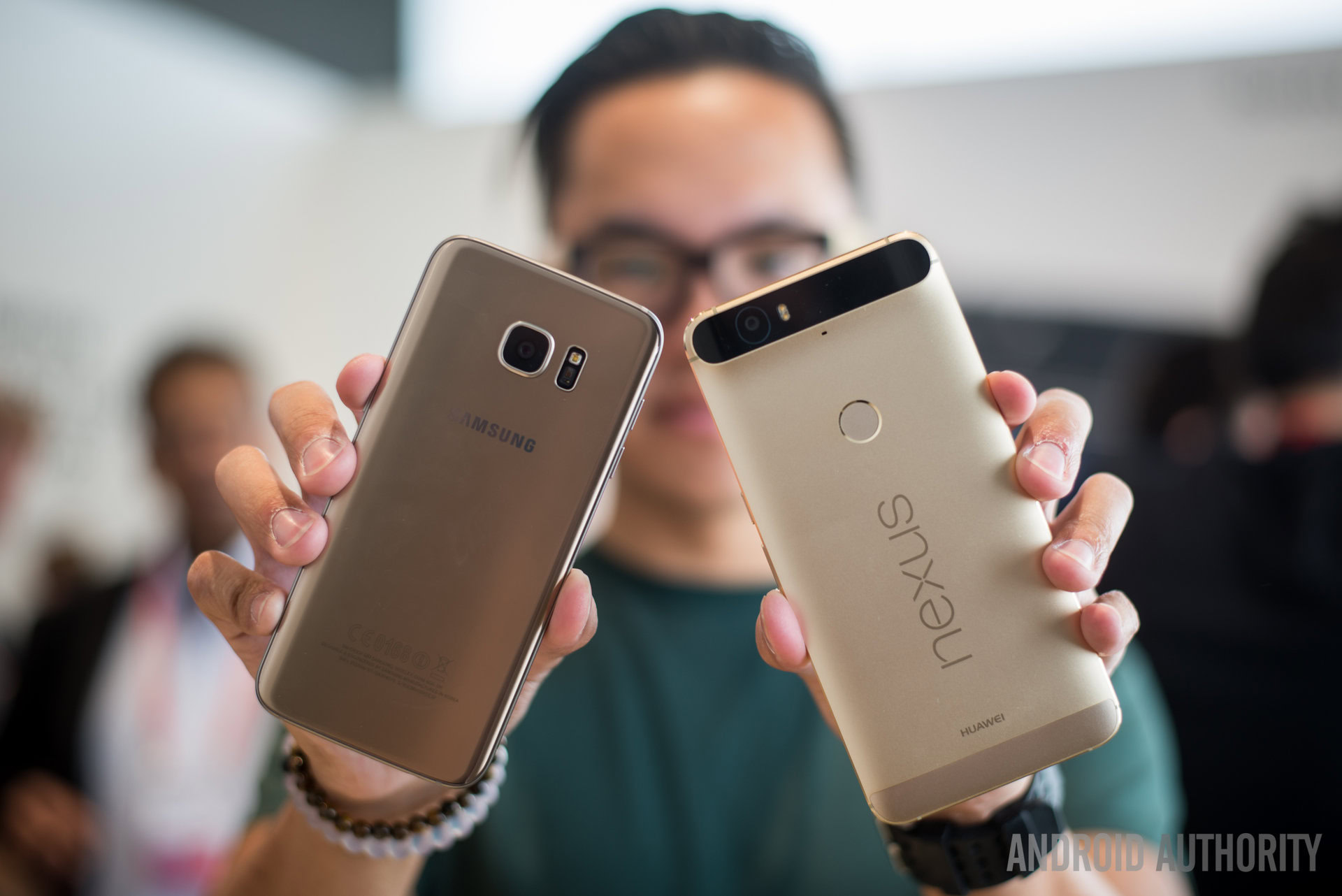
Another challenge Nokia will face in pushing the C1 comes from outside OEMs, such as HUAWEI and Motorola, who have created a market of pushing budget-friendly, yet high-end devices here in the United States. HUAWEI has begun to include the United States in its shipping order, most notably partnering with Google for the highly praised Nexus 6P. Along with HUAWEI, Motorola has introduced budget friendly phones that feel quite premium, including their Moto X, G and E series of phones.
In order for Nokia to make a splash in the smartphone world, or disrupt the progress made by HUAWEI and Motorola, Nokia must be willing to spend the money to make a handset that packs some quality specs, yet still comes in at a wallet-friendly price. While many OEMs have the financial comfortability to release cheaper handsets to the market, it may be tough for Nokia to be able to cut those costs and still make a profit with the C1.
If a giant like Samsung struggles with turning profits year over year, a company like Nokia is going to have an even tougher time generating enough profit to keep making smartphones
Of course, they could go with the “premium” route and create a high-end product that has a high retail price to match, but that market is even harder to break into then the budget sector.
In 2015, Samsung released the S6, S6 Edge, Note 5 and S6 Edge+, offering premium products for consumers and living up to the premium price tag that each device came with. Samsung followed these up in 2016 with the S7/S7 Edge, pushing the company even further ahead in the smartphone race. In a world saturated with a variety of smartphones, Samsung seems to have played all the right cards, as they’re one of the only manufacturers that have been consistently profitable in recent years.
If a giant like Samsung struggles with turning profits year over year, a company like Nokia is going to have an even tougher time generating enough profit to keep making smartphones. If Samsung still struggles to turn profits despite the multiple devices they release each year, with a market share like that, it would take a Goliath effort for Nokia to compete with Samsung, let alone take some of the remaining market from other struggling competitors like HTC, LG, or Sony.
Sure, Nokia has one thing going for it: its name. It invokes a lot of power thanks to nostalgia mostly. But then again, so does Blackberry, and we see that things haven’t exactly been easy for them in this space.
A better path?
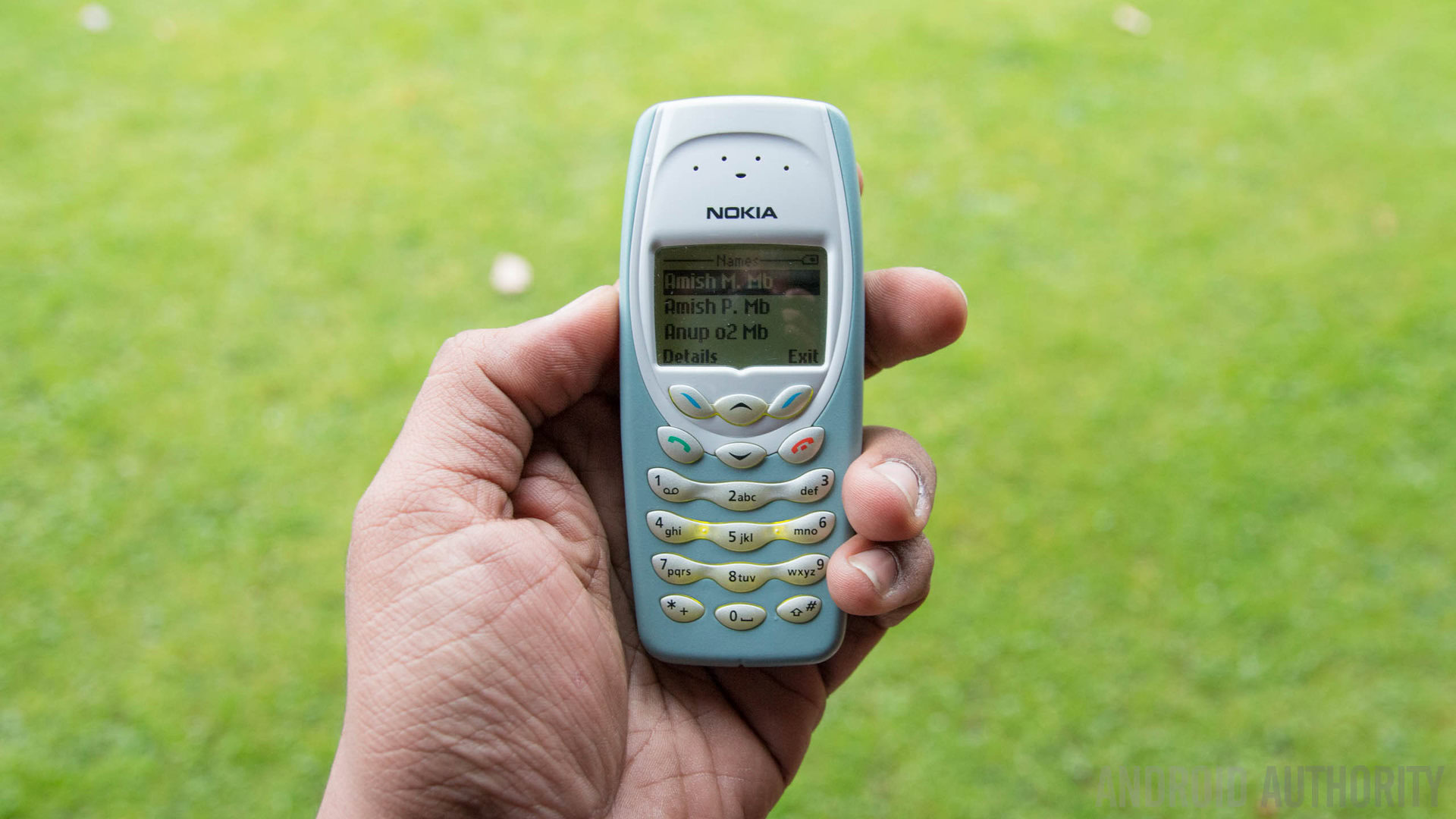
At the end of the day, Nokia really should focus their time and attention on their software and other efforts outside of phone hardware, or even in licensing their brand to others like they did with the N1 tablet, rather than embarking on a venture that is sure to leave Nokia in a far worse place than where they currently stand.
There’s a reason that the company decided to sell its smartphone share to Microsoft back in 2013, and there’s no reason why Nokia should go back on that decision now. It was a decision that put Nokia in a much better place fiscally, allowing them the added time and resources to improve on their existing offerings. It’s in the company’s best interest to stay out of the growing smartphone scrum and let established companies fight for the top spot, and save their finances for a rainy day down the road.
What say you? Do you think Nokia should jump into the Android market with their own phone, or are they better off licensing their brand, or staying out of the fight completely? Sound off in the comments below and tell us what you think!
Next – Best Android phones